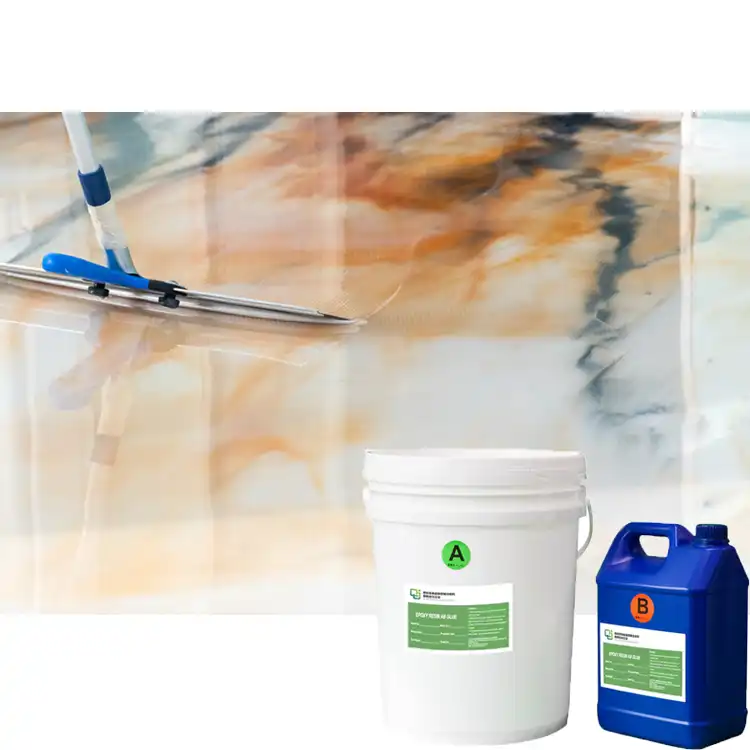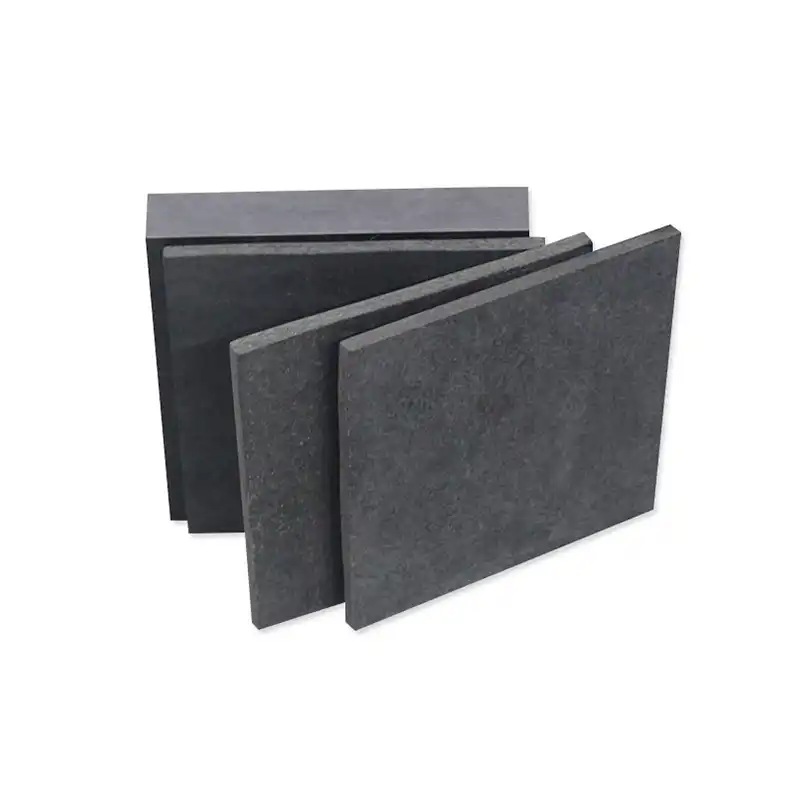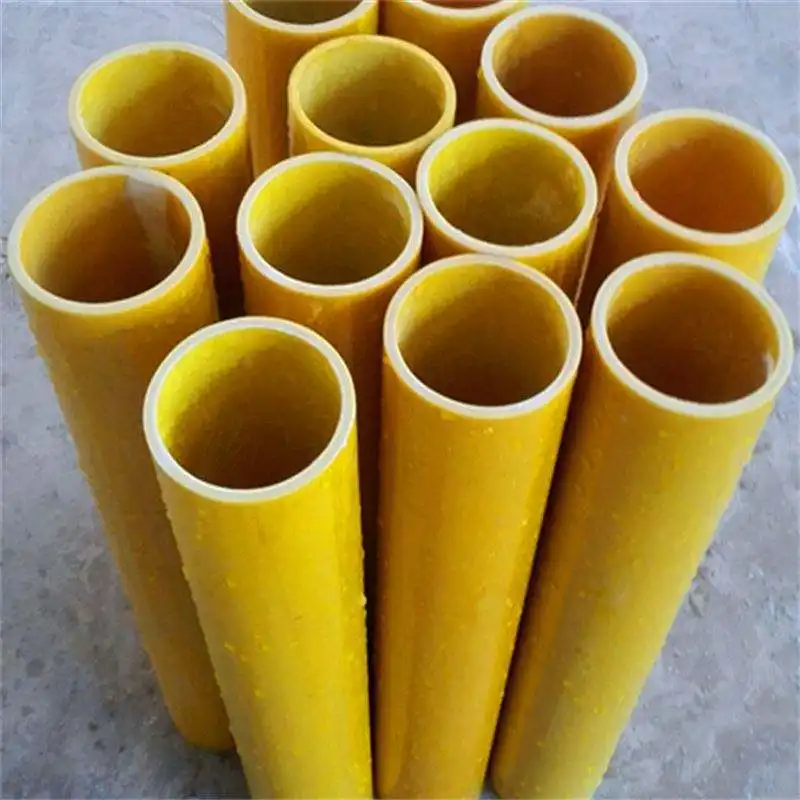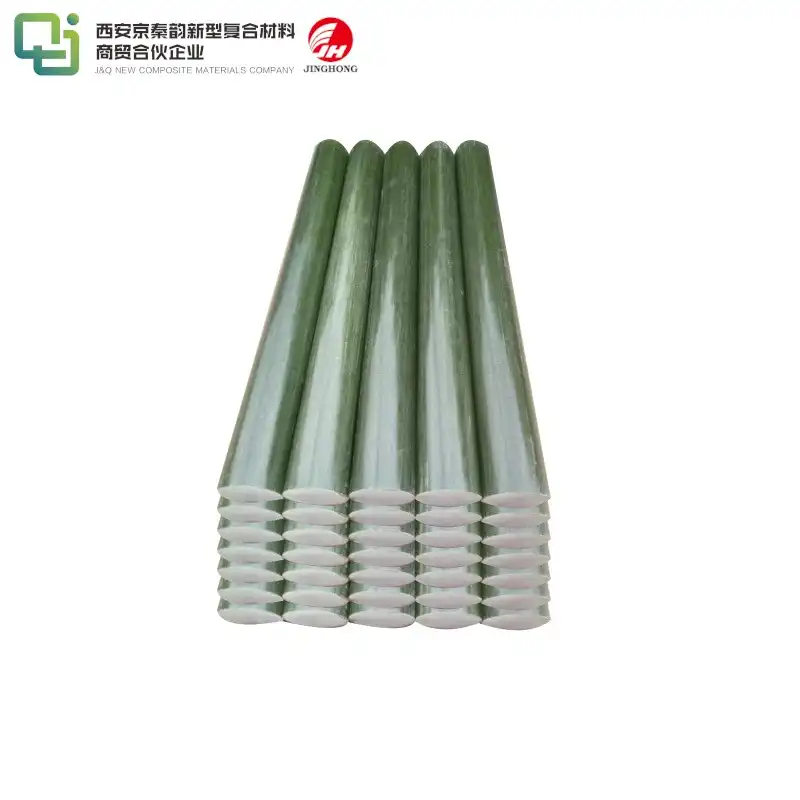What Is the Use of Bakelite Insulation?
2024-07-25 13:44:26
With its extraordinary qualities, bakelite—one of the earliest synthetic polymers created in the early 20th century—revolutionized the material world. Bakelite, well-known for its superior mechanical strength, heat resistance, and electrical insulation, is still an essential aspect of many applications, especially insulation. This blog examines the usage of Bakelite Sheet insulation, looking at its advantages, uses, and justifications for its enduring value.
How Does Bakelite Insulation Work?
The phenolic resin, which is the primary component of bakelite, is what makes its insulation work. Understanding Bakelite's effectiveness as an insulator relies on these properties.
Formaldehyde and phenol are combined to form bakelite, a thermostable polymer that hardens when heated. Properties and chemical composition This process results in a material that is:
- Temperature Stable: Bakelite Sheet does not deteriorate or melt at high temperatures.
- Unable to withstand electric compression: It is ideal for electrical applications due to its excellent electrical insulation.
- Stable mechanically: Bakelite has high mechanical strength and long-lasting properties.
- Resistant to Chemicals: It is resistant to a wide range of chemicals, including acids and solvents.
Insulation Mechanism Bakelite's non-conductive nature is what gives it its electrical insulation properties. Bakelite is an insulator because it prevents electric current from passing through it. As a result, components are protected from damage and the likelihood of electrical fires and short circuits is reduced.
Applications in Electrical Components Because of its reliable insulation properties, bakelite is frequently utilized in a variety of electrical components. Examples of important applications are:
- Outlets and switches: Bakelite Sheet insulation shields switches, outlets, and connectors from electrical shocks and ensures their safe operation.
- Divider Boards: By providing electronic circuits with a platform that is both stable and non-conductive, it serves as the foundation for printed circuit boards (PCBs).
- Insulation for Transformers: By insulating transformer coils and other components, bakelite contributes to the upkeep of electrical safety and integrity.
Thermal Insulation Properties Bakelite's thermal stability makes it suitable for applications requiring heat resistance and electrical insulation. It is ideal for use in environments where thermal insulation is essential because it can withstand high temperatures without deteriorating.
What advantages does bakinglite insulation provide?
Due to its numerous advantages as an insulating material, bakelite is a popular choice for a variety of applications. This section discusses the primary benefits of using Bakelite as insulation.
Magnificent Electrical Protection The essential advantage of bakelite is its extraordinary electrical protection properties. By effectively stopping electrical currents from passing through, components are protected and safety is improved. This property is especially important for devices and applications with high voltages that require electrical insulation.

Bakelite can withstand high voltages without deteriorating due to its high dielectric strength. Ideal for electrical parts should work securely under high voltage along these lines.
Reliability and Safety The use of bakelite as an electrical component insulator significantly improves reliability and safety. Bakelite protects users and devices from electrical hazards by preventing short circuits and electrical leakage.
Thermal Resistance The high thermal resistance of bakelite is an additional significant advantage. It is suitable for applications requiring heat resistance due to its ability to withstand high temperatures without losing its structural integrity.
Due to their ability to withstand high temperatures, Bakelite components are ideal for use in hot environments. This can be used for cooking tools, automotive parts, and industrial machinery.
Bakelite is fire-resistant due to its resistance to high temperatures. It provides an additional layer of safety in applications where fire hazards are a concern due to its resistance to fire.
Bakelite is renowned for its mechanical strength and long-term durability. Because it can withstand impact and mechanical stress, it is long-lasting and suitable for a wide range of applications.
Due to their durability, Bakelite components that are wear and tear resistant have a long service life. It requires less maintenance and replacement because it can withstand wear and tear.
This material can be used in situations where mechanical stress and shocks are common due to its impact resistance. This covers everything from consumer goods to automotive applications to industrial settings.
Bakelite's versatility as an insulating material is enhanced by its resistance to chemicals like acids and solvents.
Applications in the Industrial Sector Components are frequently exposed to harsh chemicals in industrial settings. Due to its resistance to chemicals, Bakelite is able to keep its properties and performance even in these conditions.
Bakelite is used in hardware used in laboratories and instruments that might come into contact with other synthetic compounds. Its resistance to chemical degradation ensures its reliable performance in these circumstances.
Why Is Bakelite Still Used in Modern Insulation Applications?
Despite its development more than a century ago, Bakelite Sheet is still utilized in modern insulation applications. In this section, we look at the factors that keep it popular and relevant.
Due to its history of providing dependable insulation, bakelite is a material that many businesses rely on. Proven Performance and Reliability The material's reputation for being a dependable insulation material has been strengthened by its consistent performance over time.
Relevance in History Bakelite has been used in a wide variety of applications throughout its history, from early electrical devices to modern industrial equipment. Its dependability and effectiveness are demonstrated by its extensive success history.
Today, Bakelite is still used in a variety of applications, including consumer electronics, automotive parts, and electrical enclosures. The fact that it is still in use demonstrates how well it can adapt to the needs of today.
Due to its adaptability and versatility, Bakelite is suitable for a wide range of applications. It can be easily molded and machined into many different shapes and sizes to satisfy many different requirements.
Bakelite can be changed to fit the needs of particular applications. This includes altering its properties with fillers and additives, which enables the development of individualized solutions for a variety of sectors.
Wide Application Range Bakelite's versatility is demonstrated by its extensive application range, which includes electrical protection and warm obstruction. Its use in a variety of applications, including automotive components, industrial machinery, consumer goods, and more, demonstrates its versatility.
Cost-Effectiveness Bakelite is a low-cost material that gives excellent performance at a price that most budgets can afford. Due to its durability and low upkeep requirements, it is cost-effective.
Production at a low cost Bakelite manufacturing is relatively simple. As a result, many applications can utilize it at a low cost, particularly in businesses where money is important.
Bakelite components don't need to be replaced as often because of their long lifespan, which saves money. Bakelite therefore has numerous long-term applications.
Bakelite has a lower impact on the environment than other contemporary synthetic materials. Its long lifespan and durability reduce waste and the need for frequent replacements.
Sustainability Despite the fact that Bakelite is not biodegradable, its long service life allows for extended use, reducing waste. As a result, the materials' useful life is extended.
Recycling and Reuse There is a growing trend toward recycling and reusing Bakelite products, which boosts the company's environmental profile even further. Examples of this include recycled materials and bakelite components.

Conclusion
Because of its superior mechanical strength, chemical resistance, electrical and thermal insulation qualities, and longevity, bakelite insulation is still an essential material in many applications. Numerous sectors use it because of its cost-effectiveness, adaptability, and track record of success. Bakelite is still in use today even though it was created more than a century ago, demonstrating the material's continuing importance as an insulator.
References
1. The History and Uses of Bakelite. (n.d.). Retrieved from [Science History Institute](https://www.sciencehistory.org/historical-profile/leo-hendrik-baekeland-and-bakelite)
2. Bakelite: The Material That Changed the World. (2023). Retrieved from [American Chemical Society](https://www.acs.org/content/acs/en/education/whatischemistry/landmarks/bakelite.html)
3. Applications of Bakelite Sheets. (2022). Retrieved from [ResearchGate](https://www.researchgate.net/publication/322658616_Applications_of_Bakelite_Sheets)
4. Phenolic Resins in Industrial Applications. (2021). Retrieved from [Construction Specifier](https://www.constructionspecifier.com/phenolic-resins-in-industrial-applications/)
5. The Versatility of Bakelite in Modern Manufacturing. (2020). Retrieved from [Industry Week](https://www.industryweek.com/technology-and-iiot/the-versatility-of-bakelite-in-modern-manufacturing)







